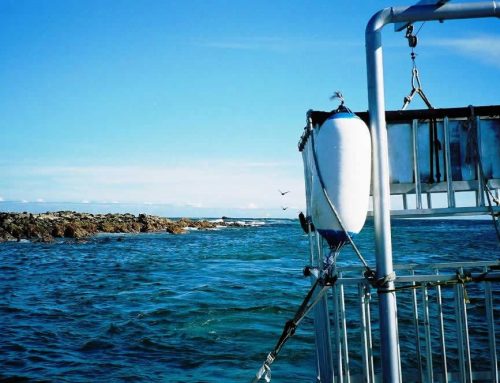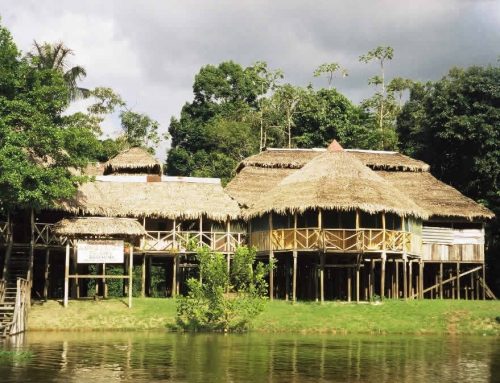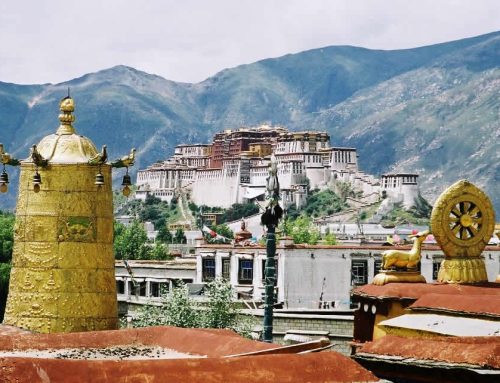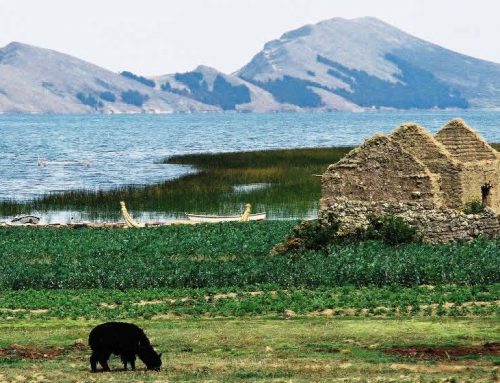Most of us travel to make ourselves better or browner, and our time and effort are used to learn, see and experience as much as we can. We travel to exotic places to benefit from the culture and surroundings, but do the local culture and environment benefit from our presence?
Although we may leave some money in the local economy, we also leave the impression of being too rude, demanding, immature, opinionated, cheap, drunk, inconsiderate, or all of the above. This reflects on all the tourists who come after us. The cultural responsibility of the socially conscious traveler is twofold: to be an ambassador of our own local culture and a steward of the cultures we visit.
Some people choose to volunteer their time and/or money to help dig a drinking-well in a rural area or clean the trash off park trails. But, for us regular folk, the best we can hope to do is leave it in the same, rather than a worse, state in which we found them. There are a few basic rules to help minimize our impact.
Dress Appropriately

Kathakali Dancer in Cochin, India
As a general rule, dress modestly and conservatively. Long pants and covered shoulders are the norm for most Asian and African countries. Tourists parading around the Pyramids in bikinis or taking nude photos of each other at Angkor Wat are an embarrassment to themselves and everyone else around. You’ll look less like a tourist if you wear what the locals wear and buy clothes along the way.
Make Friends
Interaction with locals is one of the most rewarding things about traveling. Locals may want to know about you and where you are from. Postcards and photos depicting scenes from your home can be great ice breakers and conversation pieces. Keep a good supply for distribution to your new friends.
The farther you get off-the-beaten-track, the more sensitive locals are to outsiders. They might not see many foreigners in their everyday lives and may be apprehensive, shy, or even frightened around you. Try to be unobtrusive and polite, blend in and have fun. Demonstrate that underneath the funny clothes, and behind the strange language is a friendly fellow human being.

Trading postcards and T-shirts with local children in Longshen, China
Open and Honest Communication
Your new friends may ask about your religion, occupation and salary, if you are married and have children. These questions are not meant to be intrusive, but merely reflect the values of the local culture. Answer them as honestly as you wish, but qualify your salary by explaining how much more expensive everything is at home. Cite examples like the price of a dozen eggs, a liter of gas, or monthly rent.

Reaping the Harvest in Manang, Nepal
Leave those you meet with a sense of living in a very beautiful and special place. You probably wouldn’t be there yourself if it wasn’t. Try to instill locals, especially children, with a sense of pride in their home and their way of life.
Hospitality Business
Go to the markets and see what’s available. Don’t order tuna sandwiches in countries with no coastline, or fresh pineapple juice in the desert. When you buy local produce, your money stays in the local economy and benefits the local culture. These products use fewer resources for transportation, require less (disposable) packaging, taste much fresher and are cheaper, too.

Pig Heads For Sale in Thailand
Eat when the locals eat. Take advantage of a cooking kitchen already hot for local clientele, especially where fuel is scarce. Don’t wait for the fire to go out and water to go cold before ordering your meal. Restarting a cold kitchen requires more fuel than continuing to use a hot one.
Declining hospitality will usually be taken as an insult. If what your hosts eat and where they sleep is good enough for them, it’s good enough for you. So, bite the bullet, dig in and curl up. It probably won’t kill you, it will probably only be for one meal or one night, and will definitely give you a good story to tell. You might even like it.
Politely decline if the situation feels threatening or otherwise questionable, citing allergies, an upset stomach or a previous engagement as an excuse.
If unsure about the safety of a situation, ask your hotel manager for their advice. Your potential host may have only the noblest of intentions, and refusing their hospitality may be an injustice to them and your reasons for traveling.
Local Business for Local Culture
A locally produced souvenir or handicraft will have much more meaning and be of better quality than one mass-produced in a factory. Buying one also keeps your money in the community you visit. For this same reason, try to use the local guides whenever possible. This can sometimes require more legwork on your part, but the interaction with the locals, and the commissions you save, far outweigh the inconvenience. You may even make a new friend (see above).
About Face
Avoid embarrassing anyone, always smile, and never put someone in a position where they might lose face. No matter how frustrating a situation or person may be, try to ensure all parties leave without looking bad or any hard feelings.
Some cultures believe taking someone’s picture also takes (a part of) their soul. Be sensitive to this and obtain permission before taking a picture of them or their property.

Dancers at Djemaa el Fna in Marrakesh, Morocco
Keep Your Cool
Transportation delays, aggressive touts and relentless vendors can be trying even for the most patient traveler. Try to keep your frustration to yourself. A flexible travel schedule, a realistic perspective and a good sense of humor are your best defenses.
Something you see as an earth-shattering mishap is likely a daily routine to locals, or a minor inconvenience at worst. Your reaction will either endear you to them or antagonize and insult them, making those with whom you are dealing defensive and uncooperative.
“When you travel, remember that a foreign country
is not designed to make you comfortable.
It is designed to make its own people comfortable.”
-Clifton Fadiman
Losing your temper won’t get you what you want any quicker than remaining cool, calm and collected. In the off-chance it does, the selfish gratification will come at the costly price of leaving a very negative impression of foreigners in your wake. This could make it extremely difficult for the next tourist in line, which could be you.

Capoeira in Curitiba, Brazil
No Touching!
Public displays of affection are generally frowned upon and may draw unnecessary and unwanted attention. Touching someone’s head (even patting a child on the head) is usually considered insulting. Pointing and beckoning with your forefinger is also considered rude in many countries. Point with your thumb, and beckon people by waving your hand up and down (as if you were patting a child on the head). Many hand gestures have different meanings in different cultures – do your research as to what a “thumb’s up” or “okay” sign (among others) might mean.
If you witness a physical altercation, it is best to not get involved. Not only could it be a ploy to distract you from your belongings, but you might not have a comprehensive understanding of local laws and customs that may (or may not) protect you or others in the incident.
You Are Rich Tourist
No matter how tight your budget and how much of a “traveler” you might be, wherever you go, in the eyes of the locals, you are a rich and privileged tourist. By their standards, you are. Very few people around the world could pack up, get on a plane and fly to the other side of the planet. Qualify your ability to do so by stating the sacrifices you made, and are making, to undertake such a trip.

Christmas Procession in Cusco, Peru
Stewards and Ambassadors
Our attitude and behavior are how a local culture sees ours, but we do not travel to impose our cultural values on or judge the people and places we visit. If we treat the people and places we visit with an open-mind and respect, we will also earn their respect. If we make choices that promote sustainability and benefit the communities we visit, we will always be welcome back.











Leave A Comment